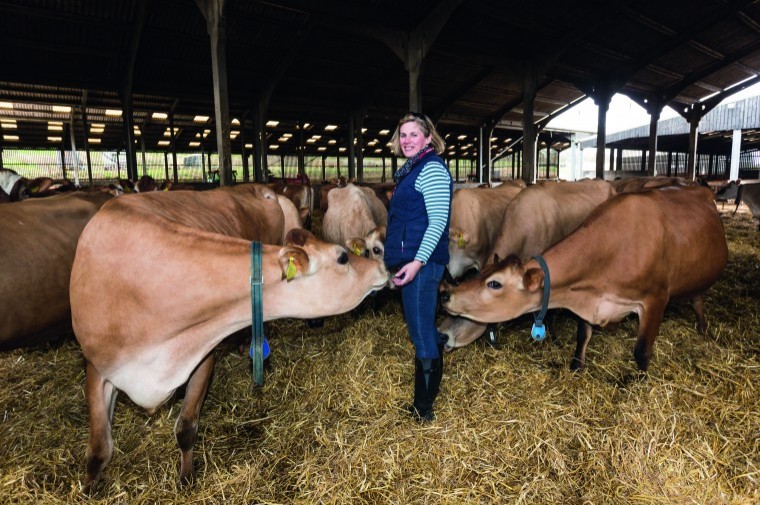The short dark days, the seemingly endless rain and wind that seems to be the “norm” now. Allegedly the shortest day of the year was 21 December (in the Northern hemisphere). The ancient Romans held several winter celebrations around the time of the winter solstice. Saturnalia, a holiday in honour of Saturn (the god of agriculture), was a week long celebration in the days leading up to the winter solstice. I, for one will be celebrating when the weather decides to party and the days get longer. The mud is beginning to drive me mad! Although the children wouldn’t agree that it was the mud that drove me mad!
January will also see the end of “Veganuary”. This has now become a swear word in our household. Veganuary was originally started in 2014 by Matthew Glover.
Ironically his family were originally meat traders in the North! Veganuary started with approximately 3300 participants and this year is expected to exceed 250,000 participants. Mr Glover was originally a double glazing salesman! The aim originally was to encourage people to lead a healthier lifestyle and raise awareness regarding climate change and environmental impact. These days it would appear to have evolved into a full blown war between meat eaters and vegans.
Why would you start a campaign against eating meat in January, probably the month that the UK would produce the least amount of vegetables? A worrying trend now grips the public narrative around what we eat. We are all led to believe that unless we abandon our traditional omnivore diet e.g. eating from all major food groups including meat and dairy – the planet will crash and burn. Highly unlikely I feel.
Although vegans (those that shun most food of any sort) and vegetarians (those that won’t eat meat) account for around 1% and 5% of the population respectively, a zealous campaign is being waged to convince us that a transition to a plant based diet is one of the most effective ways an individual can help prevent climate change. The “Green Parties” manifesto called for a tax to be placed on all meat and dairy products. A couple of universities have now banned meat on campus. When will it end?
We should all understand that grass fed livestock are an indispensable part of a traditional mixed farming system where plants harness the sun’s energy to grow with nature as part of a biological loop.
Two thirds of the UK’s land is unsuitable for anything other than livestock production. Eggs, dairy, meat and fish are the most nutrient dense foods you can eat. I could go on…
I have nothing against vegans or vegetarians, in fact I have a few friends that are either vegan or vegetarian. I find it objectionable though to tell me that they are vegan to save the planet. Or how murderous I am in killing these livestock in a highly distressing manor. I am sure none of them have any idea where the food comes from or how humanly an animal is slaughtered at an approved abattoir.
A few staple foods in a vegan diet are Soya (grown in the USA, Bolivia, China and Brazil), chickpeas (grown in Iran, India, Mexico and Ethiopia) and black beans (grown in Brazil, India and China). So, unfortunately for a vegan, saving the planet doesn’t really come into the equation.
I rest my case… Who is saving the planet? We eat home produced potatoes, beef, lamb and milk. We try very hard to keep our food miles very low. I use our local butcher for chicken, pork etc and our farm shop for vegetables.
So, instead of joining the Veganuary appeal I’ve joined “Localanuary” instead. There will only be seasonal products in our house from now on… Ted will have to live without raspberries until they are back in season.




